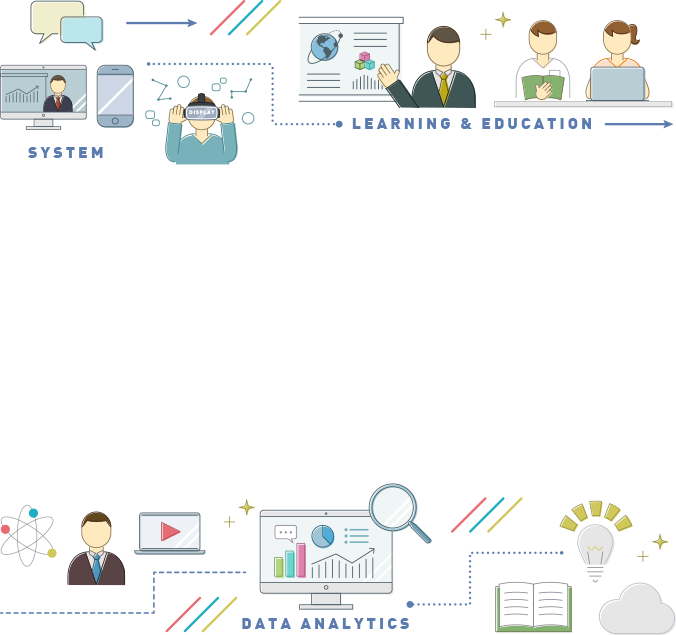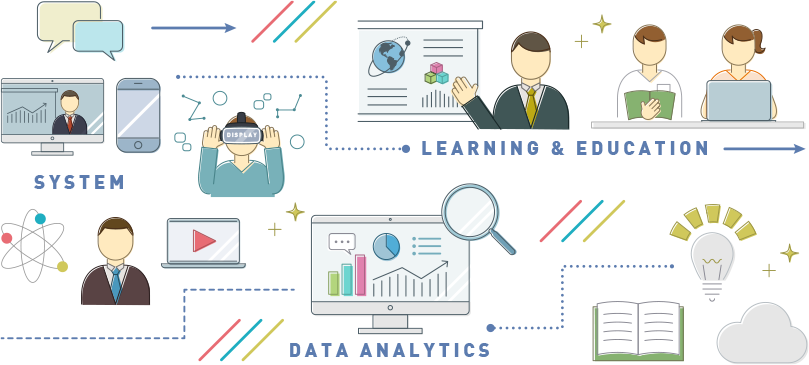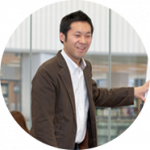Hello, everyone. I’m Saki Hirata.
I participated in the national conference of Japan Society for Educational Technology (JSET) for two days on March 2nd and 3rd! I’d like to share my report on the event.
I took the Shinkansen from Hakata Station and got off at Kumamoto Station, about an hour away. From there, I took a bus to the Kumamoto University campus. It was my first time in Kumamoto Prefecture, and I was quite excited.
My presentation was in the “Educational Learning Support Systems and AI” session, right after the lunch break. The audience included not only researchers but also business professionals and school teachers, which made me so nervous that it completely shook off any post-lunch drowsiness.
This time, I presented on “Development and Evaluation of an English Vocabulary Learning System Using Speech Recognition.” For my master’s research, I developed a support system for learning English vocabulary using speech recognition technology and conducted formative evaluation and two experimental evaluations. In this presentation, I reported on the challenges and proposals for using speech recognition in English learning based on the analysis of speech recognition logs collected during the first experimental evaluation and the results of a questionnaire survey. Since learning behavior analysis related to speech recognition has not been extensively reported in previous research, I chose this theme, believing that incorporating the analysis results of the learning logs collected during the experiment, along with the experimental results, would lead to an interesting discussion.
After the presentation, there was a five-minute Q&A session. A middle school English teacher asked, “To what extent should we emphasize pronunciation accuracy given the diversification of English in today’s world?” This critical question about the approach to pronunciation learning provided me with an opportunity to reconsider the significance of my research.
During the time outside of my presentation, I attended other sessions. Starting in April, I am scheduled to begin a new job where my duties will include designing courses as a training instructor. Therefore, I was particularly interested in deepening my knowledge of training design and evaluation methods. To this end, I actively participated in sessions on Instructional Design (ID).
What I found particularly interesting was a study on a lesson design system using generative AI. This research utilized the capabilities of Chat GPT to propose draft lesson plans, and developed prompts that simultaneously output lesson drafts, evaluation plans, and test questions. Users can efficiently build lesson plans simply by inputting information into the provided prompts. What made this presentation compelling was that the prompts for Chat GPT were pre-prepared, reducing the complexity of extracting the desired information. Additionally, the system comprehensively outputs necessary information for lesson design, such as evaluation methods, test questions, and examples of questions to ask. By using high-quality prompts and generative AI, I felt that we could create draft training programs and customize them based on teachers’ expertise, allowing us to develop high-quality training programs in a short time. Other presentations suggested using online whiteboards and LMS for online training sessions. These studies highlighted the effective use of technology in training design, and I felt inspired to actively incorporate these insights into my own training design. Overall, this experience enhanced my knowledge of ID principles and evaluation methods.
The JSET conference brings together researchers, business professionals, school teachers, and NPO representatives, all of whom are involved in education and share their insights. Listening to presentations outside my usual research field broadened my perspective, and directly interacting with others who have similar interests provided a great opportunity to expand my network.
As I transition from graduate school to the professional world, I intend to continue participating in conferences to stay updated on educational trends and to build my professional network.
By: Saki Hirata (M2 student)







